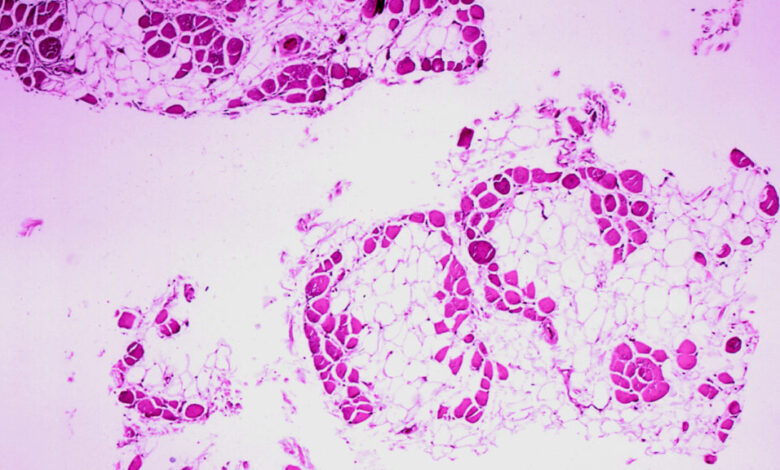Duchenne drug from Nippon Shinyaku fails in rare confirmatory trial

Japanese drugmaker Nippon Shinyaku said on Monday that its Duchenne muscular dystrophy drug, Viltepso, part of a controversial class of treatments for the rare disease, had failed to reach its primary endpoint in a placebo-controlled confirmatory trial.
Children who received the drug could stand up faster from the floor at the end of the study, but so could children who received a placebo. There was no statistically significant difference between the groups.
Although Nippon did not release detailed data, the failure is notable because Viltepso belongs to a contentious class of drugs called exon-skippers. Duchenne is caused by mutations in a muscle-supporting gene called dystrophin. These drugs are designed to increase the amount of dystrophin protein that patients with specific mutations produce. But the drugs only lead to slight increases in protein levels, and their clinical benefits have never been proven in a large, placebo-controlled study.



